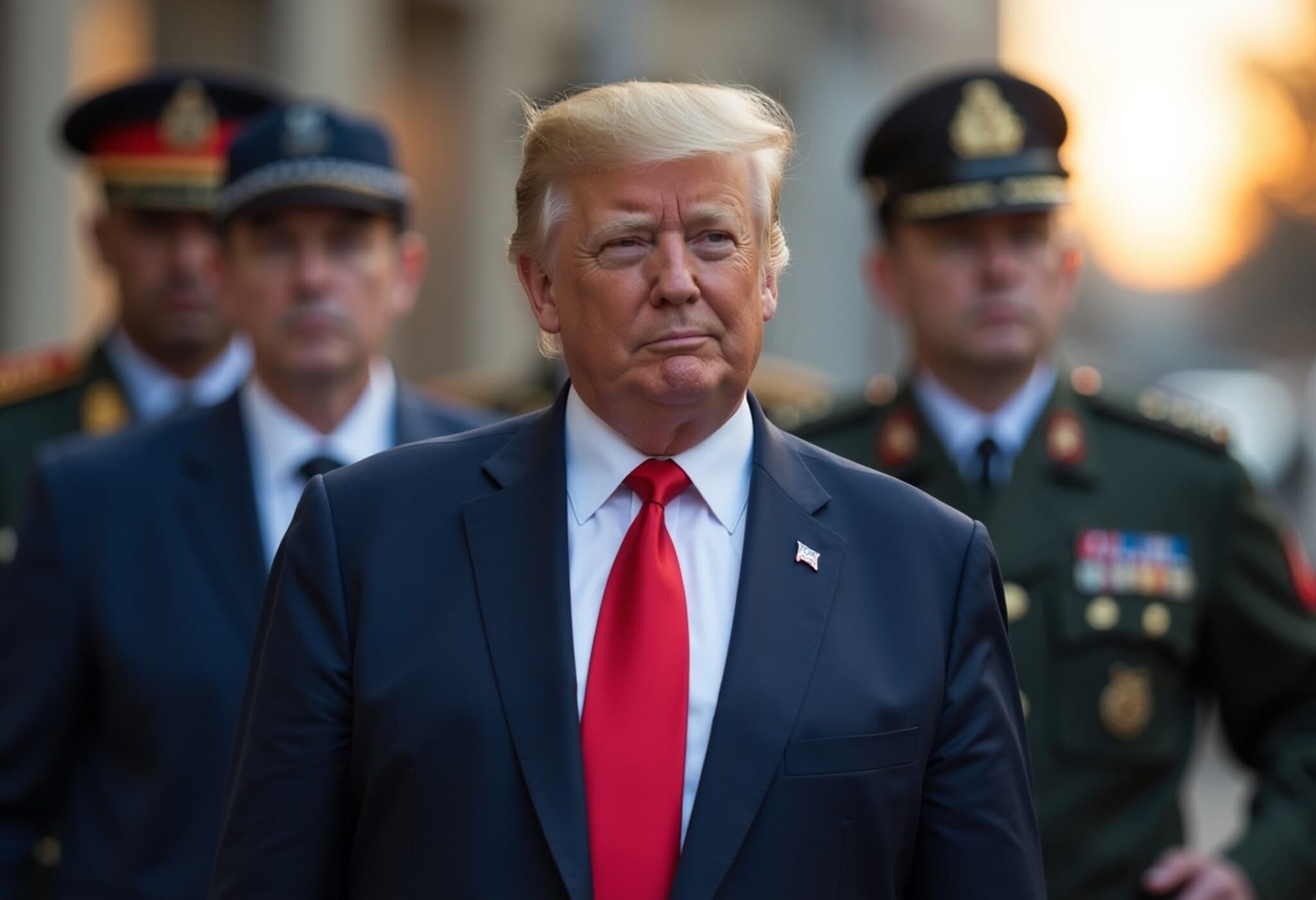US Embassy Issues Stern Visa Warning Following Shoplifting Incident
In the wake of a widely circulated video capturing an Indian tourist caught shoplifting in Illinois, the US Embassy in India has issued a cautionary statement underscoring the severe consequences of criminal behavior on American soil. The advisory serves as a clear reminder that engaging in offenses like theft, assault, or burglary can result not only in legal prosecution but also in immediate visa revocation and potential bans on future entry into the United States.
The Incident That Sparked the Advisory
Reports emerged recently about Ananya Avlani, an Indian visitor, who was apprehended at a Target store in Illinois for shoplifting merchandise valued at approximately $1,300 (Rs 1.1 lakh). According to eyewitness accounts, Avlani spent over four hours browsing before attempting to exit with unpaid items.
“I don’t want to get into any trouble… I haven’t done anything yet. What should I do? I’m really sorry… What’s the harm? I’m ready to pay for this,” she pleaded with responding officers, expressing regret and a willingness to settle the payment.
The incident, captured on video and shared widely across social platforms, not only sparked public discussion on social conduct abroad but also prompted the Embassy to reiterate the strict adherence expected from foreign visitors to US laws.
US Embassy’s Official Statement: Upholding Law and Order
Through its official channel X (formerly Twitter), the US Embassy emphasized the importance of legal compliance by visa holders. The statement reads:
“Committing assault, theft, or burglary in the United States won’t just cause you legal issues — it could lead to your visa being revoked and make you ineligible for future U.S. visas. The United States values law and order and expects foreign visitors to follow all U.S. laws.”
The Embassy’s warning underscores that even seemingly minor offenses can carry significant immigration repercussions, reinforcing the message that no exceptions will be made based on nationality or the perceived scale of the crime.
Broader Context: Visa Policies and Criminality
This incident sheds light on a critical but often underreported aspect of international travel — the intersection of criminal law and immigration status. From a policy perspective, the United States has consistently maintained a stringent stance on criminal activities committed by foreign nationals, viewing such acts as threats to public safety and the rule of law.
Experts note that these visa revocations are part of a broader strategy to preserve the integrity of the immigration system and deter unlawful behavior. The message also serves as an important reminder for tourists and temporary visitors about the long-term legal and personal consequences of even small infractions abroad.
What This Means for Indian Travelers to the US
- Increased Vigilance: Travelers must be conscious that US authorities actively monitor and respond to criminal activity.
- Legal Awareness: Ignorance of laws is no defense; adherence to local statutes is paramount.
- Visa Risks: Criminal acts can lead to immediate visa cancellation and hamper future travel plans.
Questions Raised and Perspectives Forward
Beyond the immediate circumstances, the episode invites reflection on the pressures faced by tourists in foreign environments and the social stigma attached to such incidents. It also highlights the role of social media in amplifying certain narratives, which may influence diplomatic communications and policymaking.
Moreover, the case prompts a discussion on the adequacy of visitor education regarding local laws before and during their travels, as well as the support systems available when they find themselves in legal trouble abroad.
Editor’s Note
The recent shoplifting case in Illinois and the US Embassy’s subsequent visa advisory serve as a potent reminder of the complex realities faced by international travelers. While the legal consequences of criminal actions are clear, this incident raises broader questions about how well tourists are prepared for cultural and legal differences and the balancing act between enforcement and empathy. For Indian travelers and others visiting the US, adherence to local laws is non-negotiable — a lesson that echoes well beyond individual cases and into the broader realm of diplomatic relations and international security.













